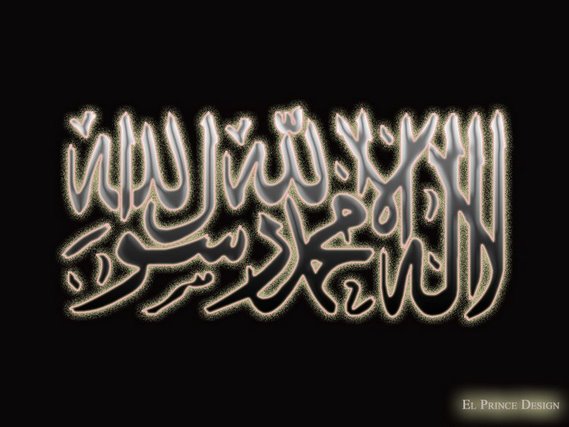 Being a Pakistani is not just about embracing an identity that differentiates you from the rest of the world. It's about proclaiming the right to be recognized as an independent and free human being with pride, dignity, honor and grace - no matter where you are on the face of the earth and no matter what you do.
Being a Pakistani is not just about embracing an identity that differentiates you from the rest of the world. It's about proclaiming the right to be recognized as an independent and free human being with pride, dignity, honor and grace - no matter where you are on the face of the earth and no matter what you do. From the beauty of the green and white / the star and the crescent on its flag, to the glory and passion that lives deep down the hearts and souls of all its inhabitants - everything is a shining testament of the wonderous vibrance and unconquerable grace that our country represents for us
- Proud forever and always as "Pakistanis" :)
Lets take a look at what it means to be a Pakistani from ideological, social and 'humane' perspectives as well.
Being Pakistani Means:
- Adhering to the ethical, inspirational and ideological essence of what our country was founded upon. The story of this movement is a story of the ideals of equality, fraternity and social and economic justice struggling against the forces of domination, exploitation, intolerance and tyranny. As Pakistanis we must embrace these philosphies which give meaning and worth to our existences as Free Individuals and as Pakistanis under one flag. That is what being a Pakistani is all about. That is what our culture should be all about.
- Sinking all our differences and standing united together under the same banner under which we truly achieved Pakistan and let us demonstrate once again that we can, united, face all dangers in the cause of glory of Pakistan, the glory that Quaid-i-Azam envisaged for Pakistan. That is what being a Pakistani is all about. That is what ou culture should be all about.

- Remember Quaid-e-Azam's 3 points of prosperity? >> Unity, Faith and Discipline.
As Pakistanis and as Muslims we must march forward under the banner of the star and the crescent with unity in our ranks, faith in our mission and discipline in our thoughts. We must fulfill our mission and no doubt a great sublime future awaits our enthusiasm and action.

We should always remember that : "Cowards die many times before death; the valiant never taste death but once" ....This is the only course of action which suits any self-respecting people and certainly the Muslim Nation.
That is what being a Pakistani is all about - That is what our culture should be about!
Pakistan Zindabad! :)
- Ali -











